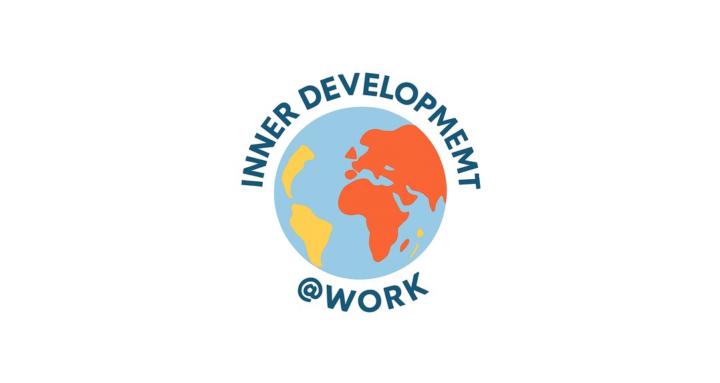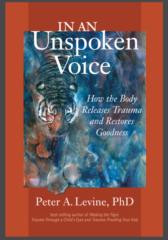Sep 17 • General discussion
A Future Ready Index - to bounce forward, beyond "resilience"
Thinking about our conversation last week after the 3rd session on Decolonization and the follow up idea regarding the possibility of reviewing the 2012 book "Why Nations Fall" with the community my reflection has shifted since our Hangout yesterday thanks to and from looking at the past to focusing on the future. This working paper “A Framework for a Comprehensive National Future Readiness Index” takes a future oriented perspective.
The paper has proposed an elaborate new framework for assessing a country’s preparedness to navigate a future defined by uncertainty, complexity, and accelerating change.
At its core, the Index of Future Readiness (IFR) offers a multidimensional measure of a nation’s foundational strength. That is, its capacity not only to recover from shocks but also to adapt proactively and transform in response to long-term disruptions. The IFR introduces a normative shift in how we conceptualize national success.
In a world where shocks are no longer rare but routine, and where change is not linear but exponential, success can no longer be measured solely by short-term growth or static indicators of performance.
The new imperative is strategic agility: the ability to anticipate, absorb, and adapt in ways that preserve prosperity and social cohesion amid disruption. In this light, the IFR is not merely a measurement tool, but a strategic compass.
- It invites policymakers to reconsider the goals of national development,
- encourages societies to invest in flexibility and learning, and
- offers a shared vocabulary through which nations can assess progress not only by where they stand today, but by how prepared they are to meet tomorrow.
Future readiness, as articulated in the paper, is not just a condition to be achieved, it is a mindset and a strategy for an age in which disruption is the norm, and thriving requires the courage and the leadership to adapt.
Crucially, readiness must be understood as a "whole-of-society" endeavor, involving the coordinated and complementary contributions of government, business, and citizens (GBC) as described in the book Government Reimagined: Leading Though New Realities (2020), published by Thinkers50.
The framework proposed is structured as a matrix of six core components, offering a novel way to disaggregate and assess actors' capacities to respond to both temporary and permanent shocks. The IFR is built upon two foundational concepts: economic resilience and adaptive capacity.
Resilience captures a system’s ability to withstand and recover, or “bounce back” from temporary shocks such as natural disasters or financial volatility; adaptive capacity, by contrast, refers to the deeper and more structural ability to adjust, reorganize, and "bounce forward" in the face of enduring transformations such as demographic transitions, technological revolutions, or climate change. The framework is considered as the foundation for the ongoing development of the IFR.
This is our work here at InnerDevelopment@Work and we'd be very Interested to hear your thoughts on the paper once you have had the opportunity to read it. Published on: https://lnkd.in/dnSX-wQv
Ali Qassim Jawad co-authored the paper with Professor Xavier Sala-i-Martin (one of the most cited economists and Professor of economics in Columbia University and best known as the intellectual father of the prestigious Global Competitiveness Index, published by the World Economic Forum).
4
3 comments

skool.com/innerdevelopmentatwork
A changemaker community advocating & integrating inner development skills and mindsets creating meaning, purpose & sustainable change.
Powered by





